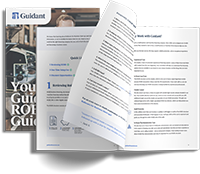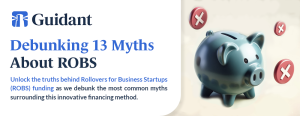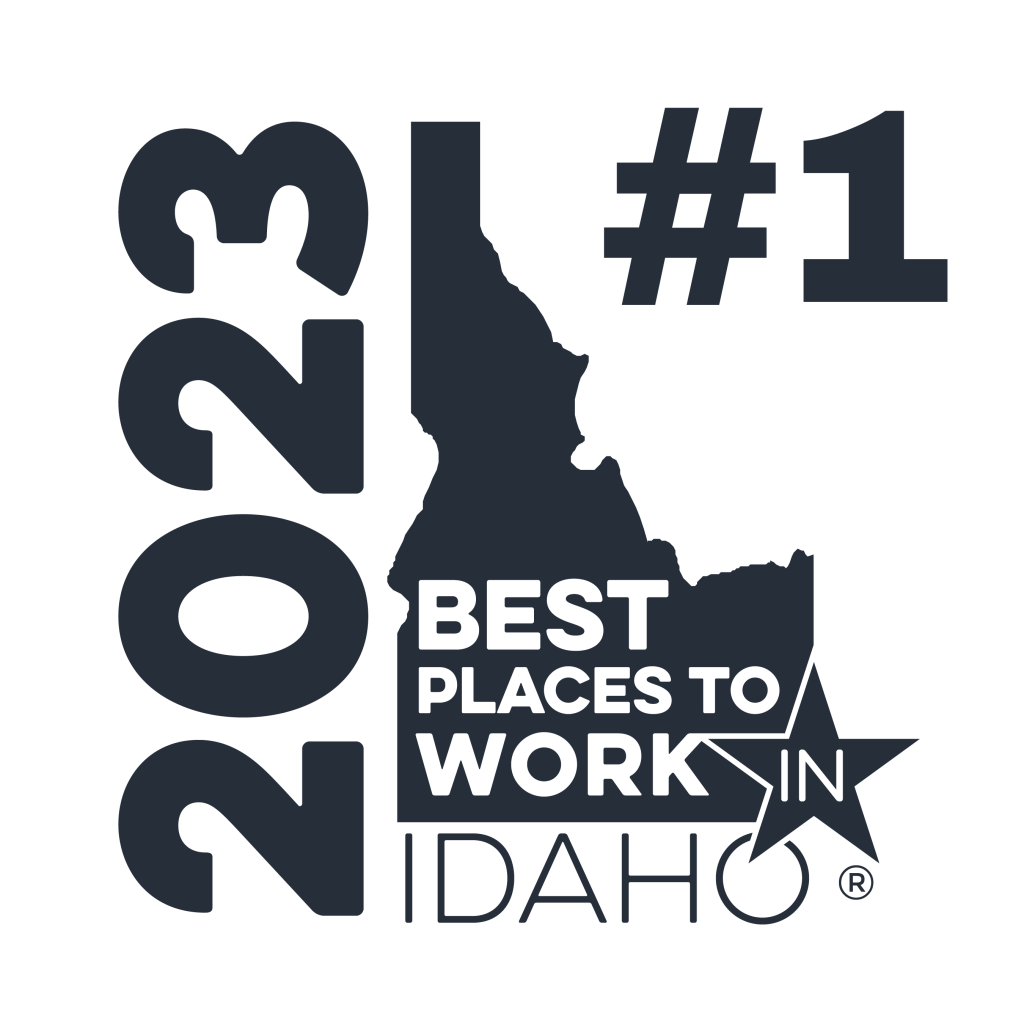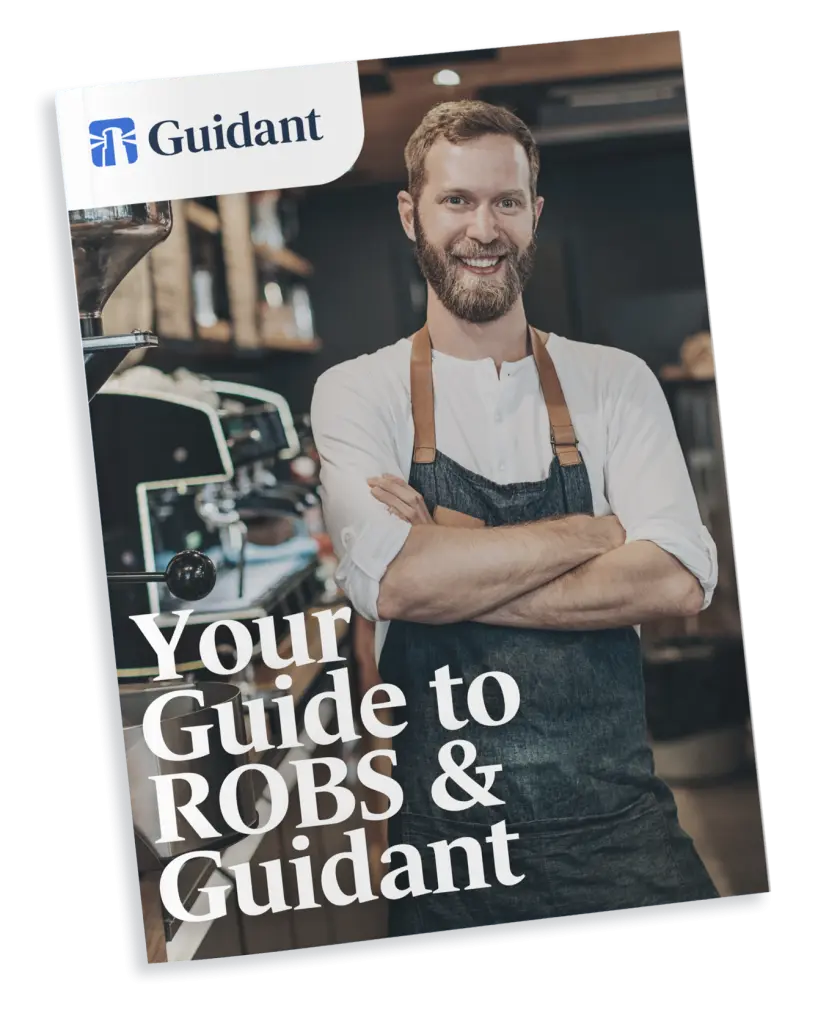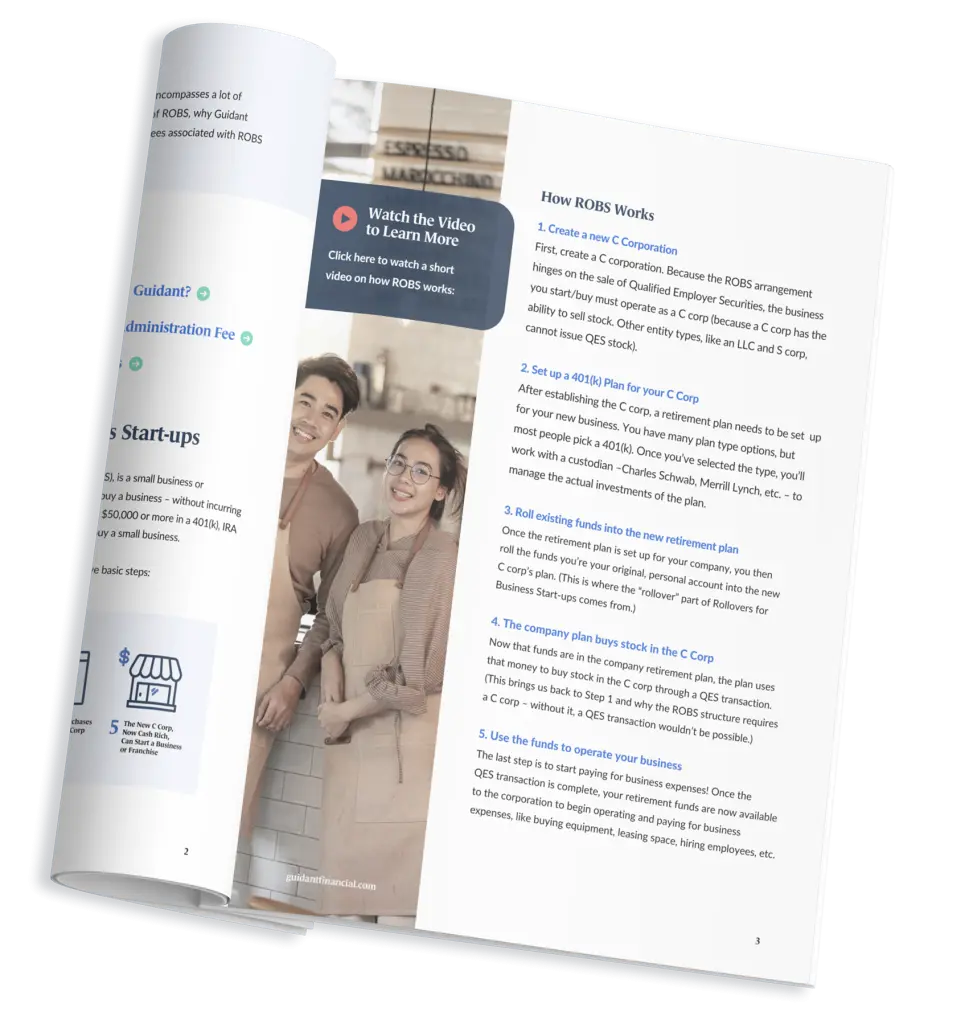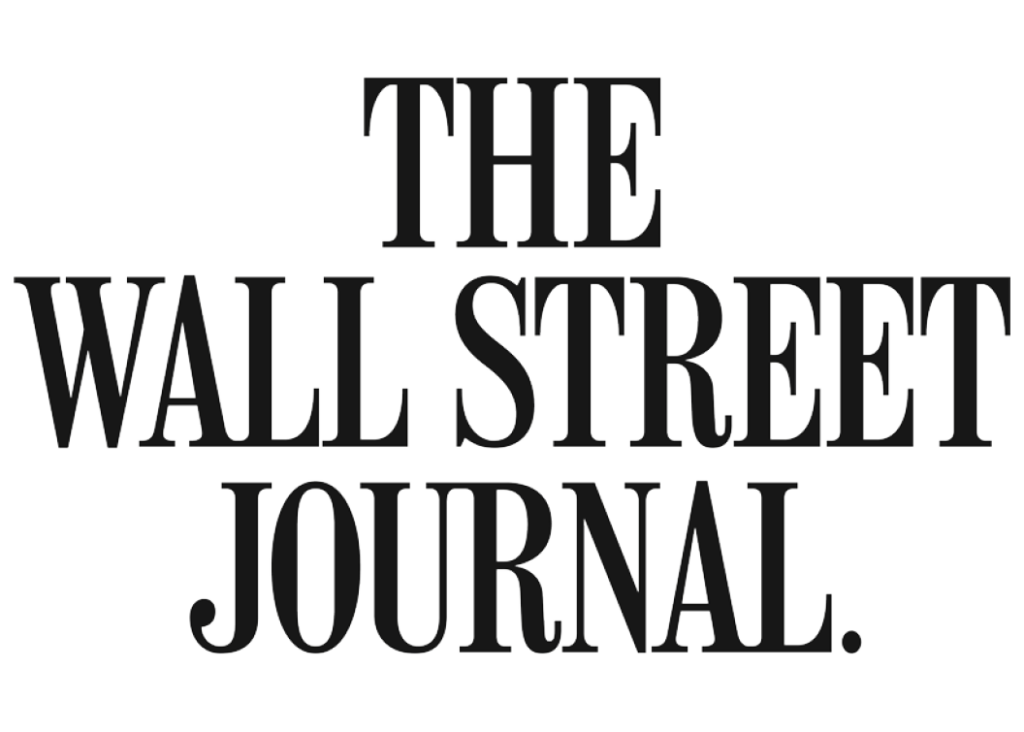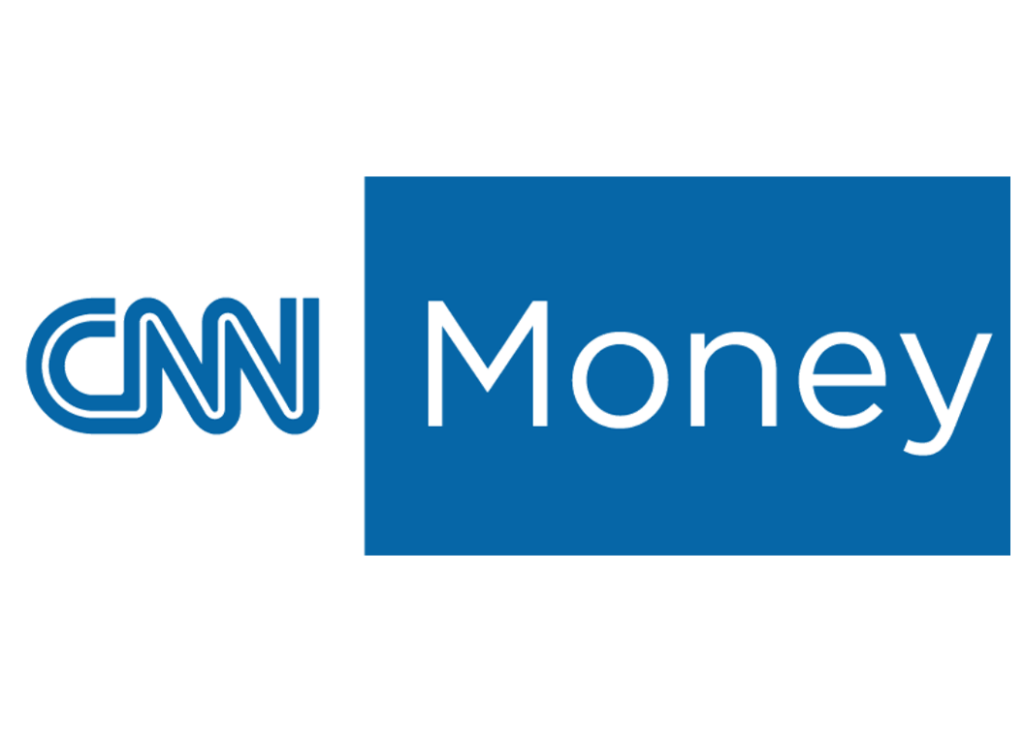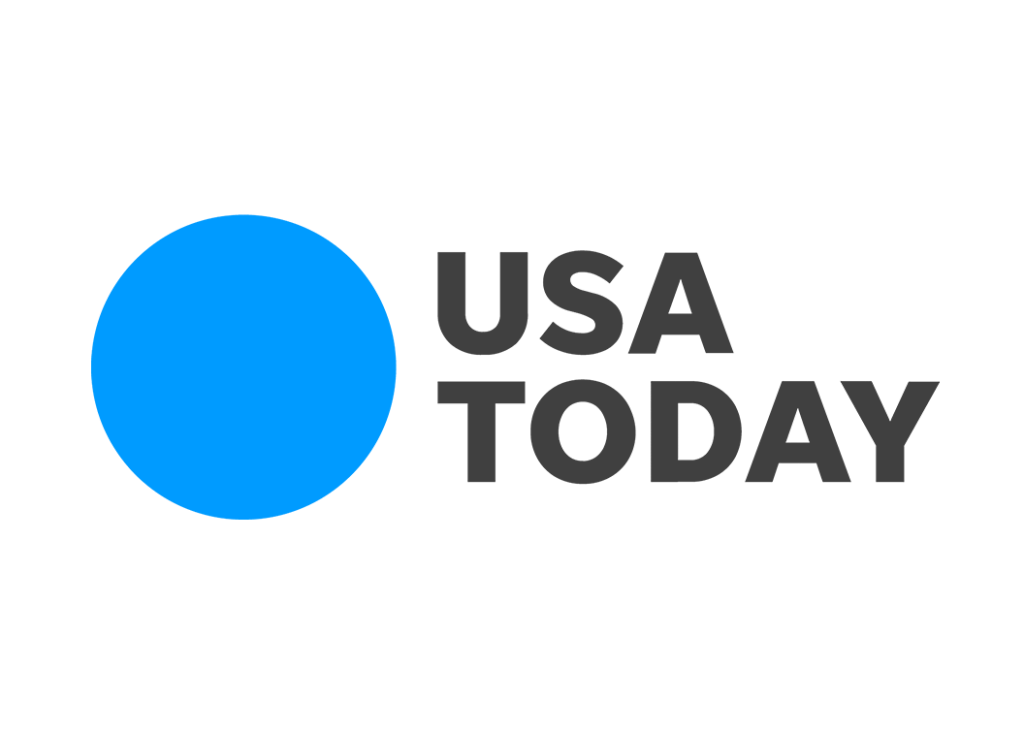Are you in the market for funding? Whether you’re looking to start or expand your existing business, 401(k) Business Financing — also known as Rollovers for Business Startups (ROBS) — can help you finance your small business, debt-free. But what is ROBS? How does it work, and is it legal?
Many small business owners know about more traditional funding strategies, such as small business loans backed by the U.S. Small Business Administration (SBA) or a business line of credit. ROBS is a lesser-known method that’s rising in popularity among small business owners — and for good reason, too. By using 401(k) business financing, or ROBS, you can expedite your access to business funding, without risking your collateral or accruing debt. Keep reading to learn about 401(k) business financing in a nutshell. Let’s briefly break down what ROBS is, its benefits, and its potential drawbacks.
Discover the top business financing strategies in 7 Best Options for Small Business Funding.
What Is ROBS and How Does it Work?

ROBS is a method of utilizing your own retirement savings to finance your business. Although it is sometimes called 401(k) business financing, you can actually use many different retirement assets, including 401(k)s, traditional Individual Retirement Accounts (IRAs), 457(b)s, 403(b)s, Thrift Savings Plans (TSPs) and more. See here for a complete list of qualified plans.
If you try to simply withdraw your funds from your retirement nest egg without using ROBS, the Internal Revenue Service (IRS) will tax the money. If you are under the age of 59½ rather than making withdrawals in retirement, the IRS will levy a 10 percent withdrawal penalty in marriage with taxes on the funds. The ROBS structure, on the other hand, is tax penalty-free. It also gives you and all employees access to an ongoing retirement plan of tax-advantaged retirement accounts in the new company.
ROBS requires a concrete structure. In a nutshell, you must register your business as a C Corporation (C Corp) because a C Corp is the only business entity type that allows a private stock purchase. That new C Corp then establishes a retirement plan, most commonly a 401(k). The retirement funds you want to use are then rolled into the new retirement plan. That retirement plan utilizes those funds to buy stock in the new C Corp. The C Corp can use the funds for your business or purchase a business. Explore our Complete Guide to ROBS for a full break down of 401(k) business financing and how it works.
ROBS Explained in 4 Minutes
Did you know you most retirement plans are eligible for ROBS? Here are the top 10 Types of Eligible Retirement Funds for ROBS.
Benefits of Using ROBS

So, what are the primary benefits of ROBS? The first is that ROBS can help you reliably fund your business — all debt-free. Using a business loan or line of credit will leave you paying a regular debt service. And these debt payments are typically high. For instance, the monthly debt service on a $250,000 SBA loan is $2,775. Using $250,000 on an unsecured line of credit will cost $3,881 monthly. Those amounts pressure your cash flow — especially for a startup. With the rise in loan interest rates and costs, 401(k) business financing is becoming more attractive to aspiring and current business owners. ROBS can help you start cash-rich. And as your business generates revenue, more cash can be invested back into your business or retirement plan.
Another big advantage? ROBS doesn’t force you to collateralize your personal or business assets. Many small business loans require that you put up your house, car, or other assets as collateral. Should you default on the loan, the lender will seize the assets and use them as payment against the debt.
ROBS also doesn’t require you to show a particular credit score or a strong credit history. But most small business lenders do. If you have encountered challenges with credit in the past, a business loan might be out of reach. That’s why a majority of ROBS-funded businesses reach profitability much quicker. Showing profitability can open doors to partnerships, mentorships, funding, and expansion in the future.
One of the lesser-known benefits of ROBS is its positive impact on your business and its operations. You must run your C Corp according to guidelines set forth by the IRS and the Department of Labor (DOL). That means you’ll need to meet every quarter with an accountant to review the business’s finances, create business valuations and annual reports, and file IRS Form 5500 every year. Not only do these requirements help keep your business operating smoothly, but you’ll also gain insight and knowledge — helping you make the best financial judgments for your situation.
Because the ROBS structure requires you to set up a retirement plan for all employees, you can continue saving for your retirement. Not only that, but you can use the retirement plan as a recruiting tool for new employees. ROBS also provides a potential benefit in seeking other funding. SBA loans (and most small business loans) require a large down payment of up to 30 percent. ROBS can be used as all or part of the down payment. Only about one-quarter of SBA loan applications are approved; the ability to have a large down payment may enhance your chances.
Thinking of using ROBS to secure a down payment on traditional business loans? See Using Your 401(k) as an SBA Loan Down Payment — Penality-Free.
Potential Drawbacks
While ROBS can be an advantageous form of financing, a rollover for business startups also has potential drawbacks that small business owners need to know about — like every business financing strategy. The primary drawback is that ROBS does pose a risk to your retirement funds. If your business doesn’t do well, you could lose all or part of the retirement funds you’ve invested. It’s important to remember, though, that risk also exists with all other forms of financing. If you obtain an SBA loan and your business fails, you’ll still need to pay the money back.
The IRS, DOL, and other requirements can make running your business more complicated and time-consuming. You will need to administer a retirement plan, for example. You must be an employee of the company and cannot be a passive investor. Complying with all the requirements is necessary to avoid administrative headaches and potential fines.
You do not have any flexibility in choosing your business entity if you utilize ROBS. It must be a C Corp. If you want the tax advantages of a Limited Liability Company (LLC) or the streamlined administration of a sole proprietorship, you need to consider this fact. Learn about the Top 10 Benefits of C Corporations (C Corps).
ROBS brings with it the possibility of more steps in any IRS audit. While it does not increase the chance of an audit, you must show compliance with all IRS regulations about the business and the retirement plan if one does occur. That’s why its best to work with a reputable ROBS provider that can help you not only setup a ROBS — but keep your business in legal compliance, and safe from potential penalty tax fees.
How do you know which ROBS provider is right for you and your business goals? See How to Pick the Right ROBS Provider from our Complete Guide to ROBS.
ROBS Pros and Cons Summary
Here’s a handy summary of the key benefits and potential drawbacks of using Rollovers for Business Startups (ROBS):
ROBS Benefits
- Leaves business debt-free
- No collateral requirement or risk of losing collateral
- No credit score or credit history required
- Faster path to profitability for business
- Enhances knowledge of business due to IRS and DOL requirements
- Retirement plan required — can continue to save for your own retirement and use the retirement plan to help recruit employees
- Flexibility with other financing — can use as down payment for SBA and other business loans
Potential ROBS Drawbacks
- Can lose retirement funds if the business doesn’t do well
- Regulations and requirements can be complicated and time-consuming
- No flexibility in choosing a business entity
- May complicate any IRS audit
Ready to learn the ins and outs of ROBS? Here are the Top 10+ Resources and Guide for Getting Started With ROBS.
Is ROBS Right For You?
Curious whether ROBS is right for you or not? Feeling lost when it comes to business funding? At Guidant, our team of experts can help determine the best financing strategy to achieve your business goals.
And as America’s #1 ROBS Provider — supporting over 30,000 small businesses across the U.S. — you can fund your business quickly and reliably with our professional help. Unlike some of our competitors, Guidant files ROBS in compliance with the IRS, ensuring your business is safe from tax penalty fees and audits. Guidant can also support you throughout the lifetime of your business — whether you need 401(k) Plan Administration, Bookkeeping and Tax, or Payroll.
Call us today at 425-289-3200 for a free, no-pressure business consultation to get started — or pre-qualify in minutes for business financing now!

“When Falling Sky Brewing presented itself as a great opportunity for me, I needed the capital. Traditional lenders weren’t going to do it. I took a chance on myself that I could grow my business and my 401(k)… And I thought, ‘You know what? I could do this without overhanging debt.‘”
— Stephen Such, Falling Sky Brewing
Read the stories of REAL small business owners who work with Guidant.



